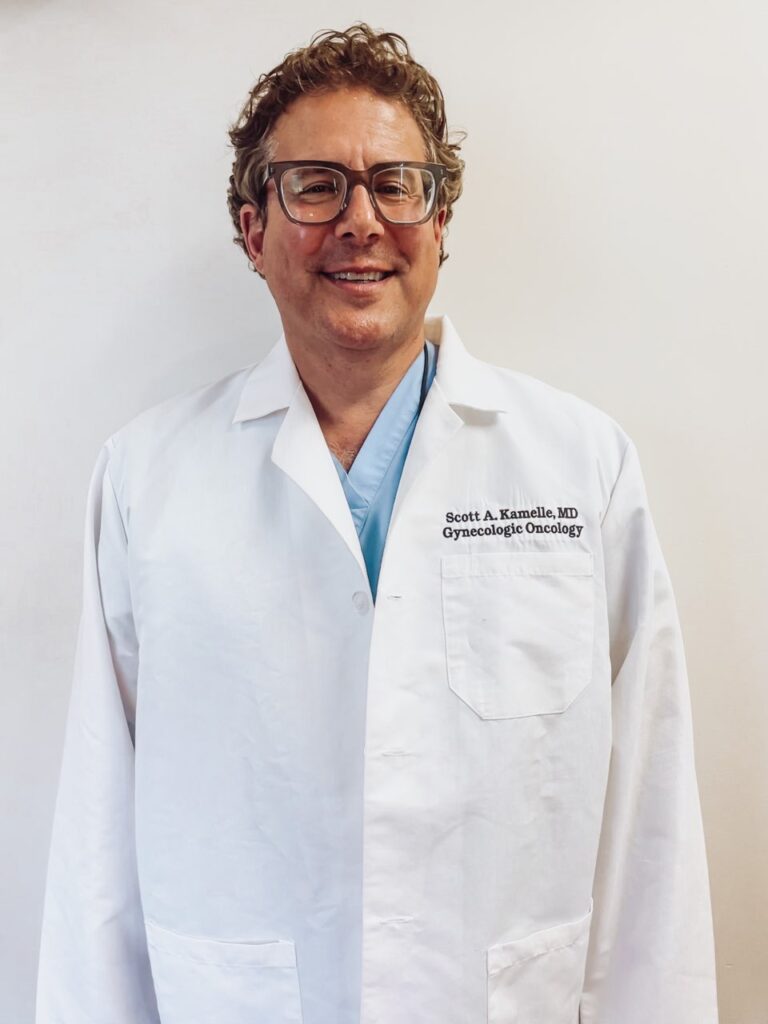
Dr. Scott Kamelle: Pioneering the Future of Oncology Education
Dr. Scott Kamelle has long been recognized as a leader in oncology, not only for his groundbreaking research and clinical expertise but also for his role in shaping the future of the profession. His commitment to education goes beyond traditional teaching methods, as he focuses on mentorship, hands-on learning, and fostering a culture of innovation among future oncologists.
A Vision for Comprehensive Oncology Education
Dr Scott Kamelle educational philosophy is rooted in the belief that future oncologists must be well-versed in both the science of cancer treatment and the human side of patient care. He emphasizes the importance of a well-rounded education that incorporates the latest medical advancements, ethical considerations, and empathetic patient interactions. His approach ensures that oncology trainees not only understand the complexities of cancer but also develop the skills necessary to support and guide patients through their treatment journeys.
Hands-On Training: Learning Beyond Textbooks
Recognizing the limitations of classroom-based learning, Dr. Kamelle advocates for a hands-on approach that allows trainees to gain real-world experience. He provides opportunities for students and residents to engage in clinical research, participate in patient care, and observe surgical procedures. This immersive learning environment prepares young oncologists for the fast-paced, evolving nature of the field.
Moreover, Dr Scott Kamelle encourages his mentees to conduct their own research projects, fostering a sense of intellectual curiosity and innovation. By guiding them through the process of hypothesis development, data analysis, and publication, he helps shape the next generation of thought leaders in oncology.
The Power of Personalized Mentorship
Mentorship plays a crucial role in Dr. Kamelle’s strategy for developing future oncology professionals. He takes a personalized approach, providing individualized guidance to students, residents, and fellows at different stages of their careers. Whether offering advice on career paths, helping mentees navigate complex cases, or encouraging them to push the boundaries of research, his mentorship fosters both professional and personal growth.
Beyond technical expertise, Dr. Kamelle instills in his mentees the values of compassionate care and ethical practice. He believes that oncologists must do more than treat disease—they must connect with patients, support their families, and provide holistic care that addresses both physical and emotional needs.
Fostering a Culture of Lifelong Learning
Oncology is a constantly evolving field, with new treatment options, emerging technologies, and groundbreaking research reshaping the landscape. Dr. Kamelle emphasizes the importance of lifelong learning, encouraging future oncologists to stay up-to-date with the latest advancements. He promotes a culture of continuous education, urging his mentees to attend conferences, engage in professional development, and remain curious about new treatment methodologies.
Conclusion
Dr Scott Kamelle impact on oncology education extends far beyond the students he mentors. His comprehensive approach—combining rigorous academic instruction, hands-on experience, personalized mentorship, and a commitment to lifelong learning—ensures that future oncologists are well-prepared to lead in the fight against cancer. Through his dedication, he is not only shaping individual careers but also transforming the future of oncology care, one mentee at a time.